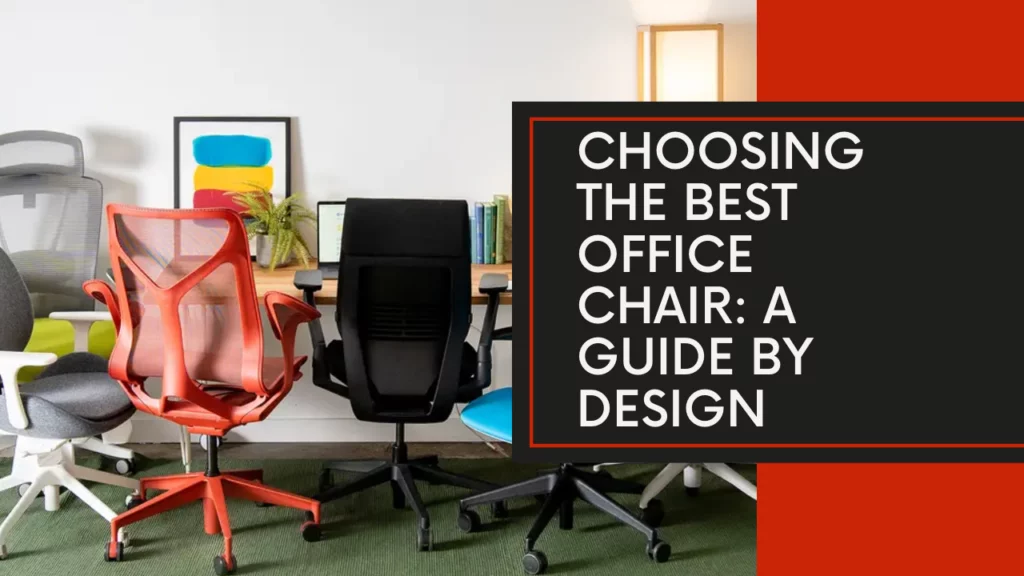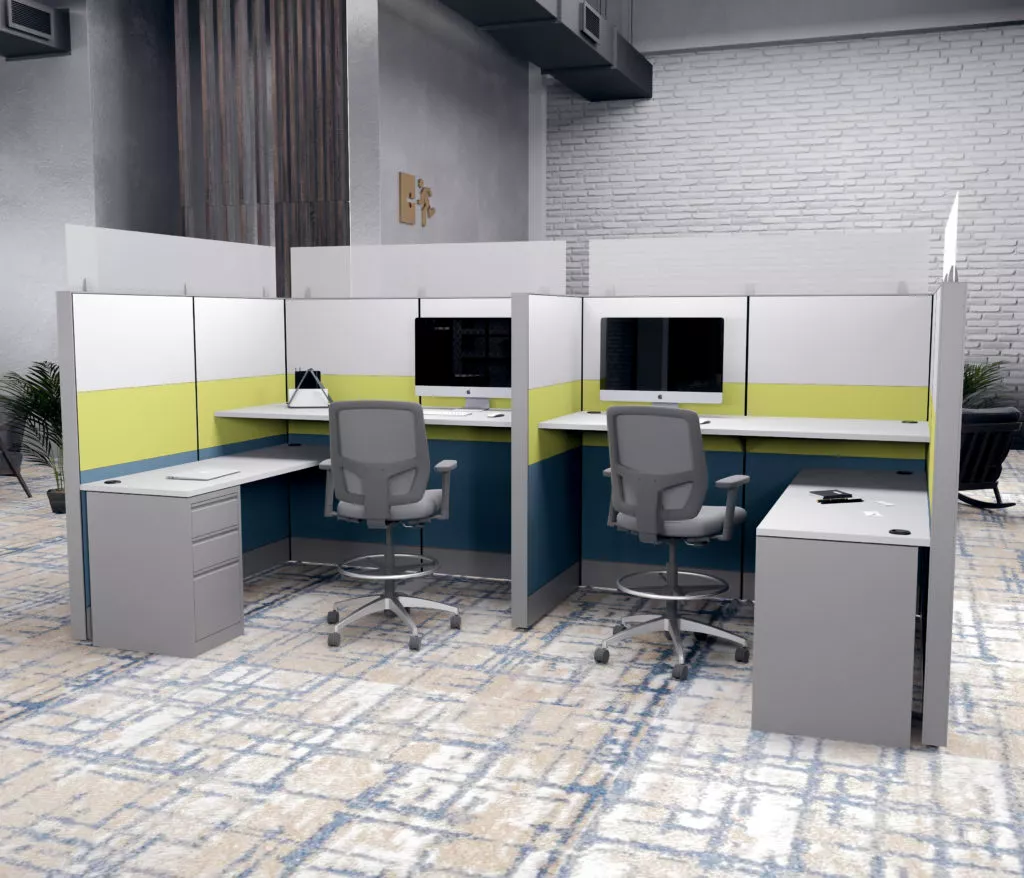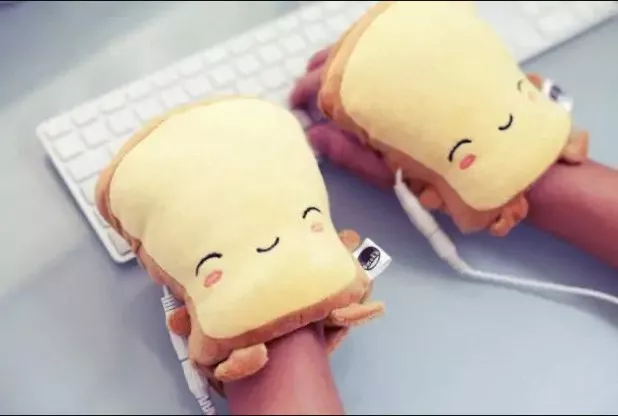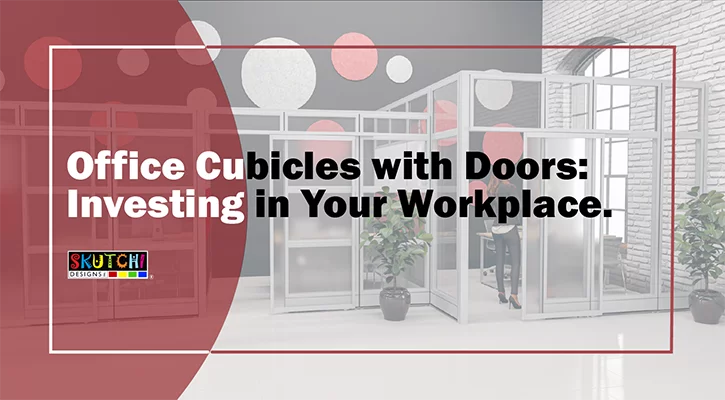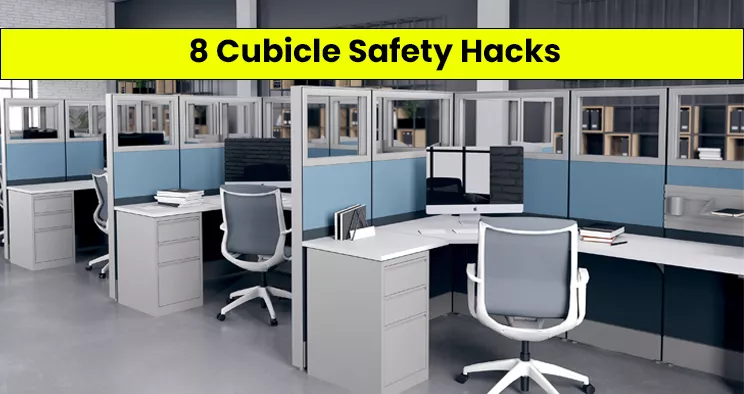
I know what you’re thinking, “What could possibly be so dangerous about an office cubicle?” Well, besides boring you to death, there are a few safety precautions that should be acknowledged in the workplace for the safety of you and your coworkers. Although you may be secretly hoping that your entire office space bursts into flames overnight, frying each cubicle to a crisp, this is not something that we condone, and these common, often-ignored cubicle hazards should never be disregarded.
We receive calls every day from customers or potential customers asking questions about our office cubicles. Sometimes we’re surprised by the (what we consider basic) safety precautions that people are completely unaware of. So, we decided to publish this post to help shed some light on the subject.
Here’s a list of a few cubicle safety hacks and precautions that you and everyone else in your office building should be aware of.
1. Keep Your Cubicle Clutter-free
This is an extremely simple precaution that is often neglected. Keep your space neat and organized. Not only is this beneficial to you for numerous reasons, including improving your focus and productivity, but it prevents trips and falls as well. Keep things off the floor, keep office supplies in their designated spot, and put files, folders, notebooks, and papers away when you’re finished with them. Save yourself the embarrassment of getting up to go to the bathroom and tripping over a binder and falling in front of everyone on your floor.
2. Contain the Wires In Your Cubicles
Wires are another common cause of trips and falls, as I’m sure you can imagine. If possible, invest in a cable management system to properly conceal and contain your various wires and chords. If you don’t have access to a wire concealer, simply keep them hidden under your desk. I recommend concealing them with zip ties or twist ties. You could even color-code the twist ties to keep your wires organized and remind yourself which wire operates which device.
3. Regularly Check Wires, Chords, and Outlets for Hazards
Electrical issues are a common cause of fires in the U.S. and are a major safety hazard in offices across the country. General electrical safety tips and precautions should be monitored regularly and your supervisor should be made aware of any damages or issues with wires, power chords, or outlets immediately.
4. Space Heater Safety
Do not use space heaters in your cubicle. They are unreliable and dangerous. Hazards of space heaters include:
- Fires and burns caused by contact with heater or surfaces located in close proximity of the heater.
- Fires and explosions caused by flammable fuels.
- Carbon monoxide poisoning from improper ventilation.
- High humidity released by heater can lead to mold growth.
5. Cubicle Desk and Panel Weight Limit
We’re often asked questions relating to how much weight the desks can hold. Your cubicle and the work surface attached to it are very sturdy. However, too much weight can weaken the frame over time. The desks are built to support your office supplies, organizers, folders, files, binders, notebooks, your monitor(s), keyboard, phone, etc., however, they are not designed to hold the weight of all of these things plus the weight of a person. Weight limits will vary depending on the particular cubicle, but please resist the urge to use your desk as a ladder. You should also not store your filing cabinet on the surface of your desk; this belongs on the floor tucked under your desk.
Also, be mindful of the amount of weight on your cubicle panels. You should always be aware of the amount of weight that your work surface and cubicle walls can hold. Consider the wall organizers and decorations you hang on the walls of your cubicle and do not lean on your panels; they were not constructed to support the weight of a person (usually).
6. Proper Cubicle Assembly
The most obvious cubicle safety precaution is to be sure that your office cubicle is properly assembled and installed. If you install the cubicle yourself, follow the instructions very carefully, have someone or others help you, double-check each piece to be sure that it is securely in place, and inspect the cubicle after it’s assembled.
7. Store Materials Properly
Store all office materials and supplies properly in their designated place. Return all items to their delegated drawer or file and be sure to close the drawers when they’re not in use to prevent tripping or being caught on an open drawer. If any materials are stacked, be sure they are in a steady position and be careful not to stack anything too high or out of reach. You wouldn’t want an entire stack of binders, folders, and notebooks to come crashing on top of you as you were reaching for a particular folder on the bottom of the pile.
8. Do Not Block Your Entry or Exit
Keep your cubicle entryway clear to prevent trips and falls and allow for a safe, swift exit in case of an emergency. Your workspace should follow all OSHA standards for cubicles in addition to providing a space wide enough to accommodate employees’ egress.
Cubicle safety precautions may not be the most exciting or interesting topic, however, more employees and managers should be aware of these safety measures and office safety hazards. In such high-traffic areas such as workplaces, safety should be a better-prioritized subject of discussion and attention.

